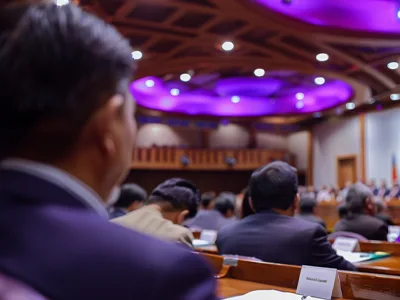The Philippines is looking to ban online casinos and make other changes to its gaming industry
Lawmakers in the Philippines are pushing for major changes to the country’s gambling landscape, with new bills that could outlaw all forms of online gambling and tighten regulations on related content. Senators Loren Legarda and Raffy Tulfo have introduced proposals aimed at banning digital gambling activities and their promotion, citing growing concern over their impact on public health and vulnerable groups.
Senator Legarda’s bill seeks to prohibit a wide range of online gambling formats, including digital casinos, e-sabong (online cockfighting), sports betting, virtual slot machines, and online lotteries. She emphasized the ease with which minors and low-income individuals can access these platforms, describing it as a growing issue that puts families at financial and emotional risk.
According to Legarda, the line between regulated and unregulated gambling has become increasingly blurred, making it difficult to enforce age limits or prevent addiction. Her proposal also includes strict penalties for promoting or advertising online gambling, including online endorsements and content partnerships.
Under the proposed measure, the Department of Justice, the Department of Information and Communications Technology, and the National Telecommunications Commission would be responsible for ordering the removal or blocking of gambling websites. Internet service providers would be required to comply within 48 hours or face heavy fines and potential license suspension.
Individuals who violate the law could face six months to a year in prison or fines of up to ₱500,000. For businesses, the penalties are even steeper—up to ₱1,000,000 in fines and possible jail time for company officers.
Senator Tulfo has also introduced a separate bill echoing similar goals, making online gambling bans part of his legislative priorities for the 20th Congress. The debate over these proposals is likely to intensify, especially as gambling’s social impact continues to draw national attention.

